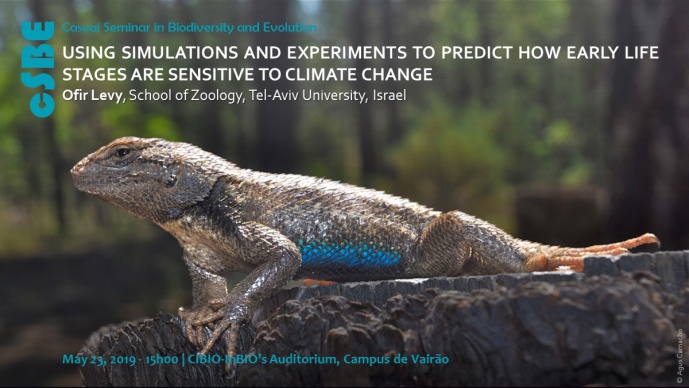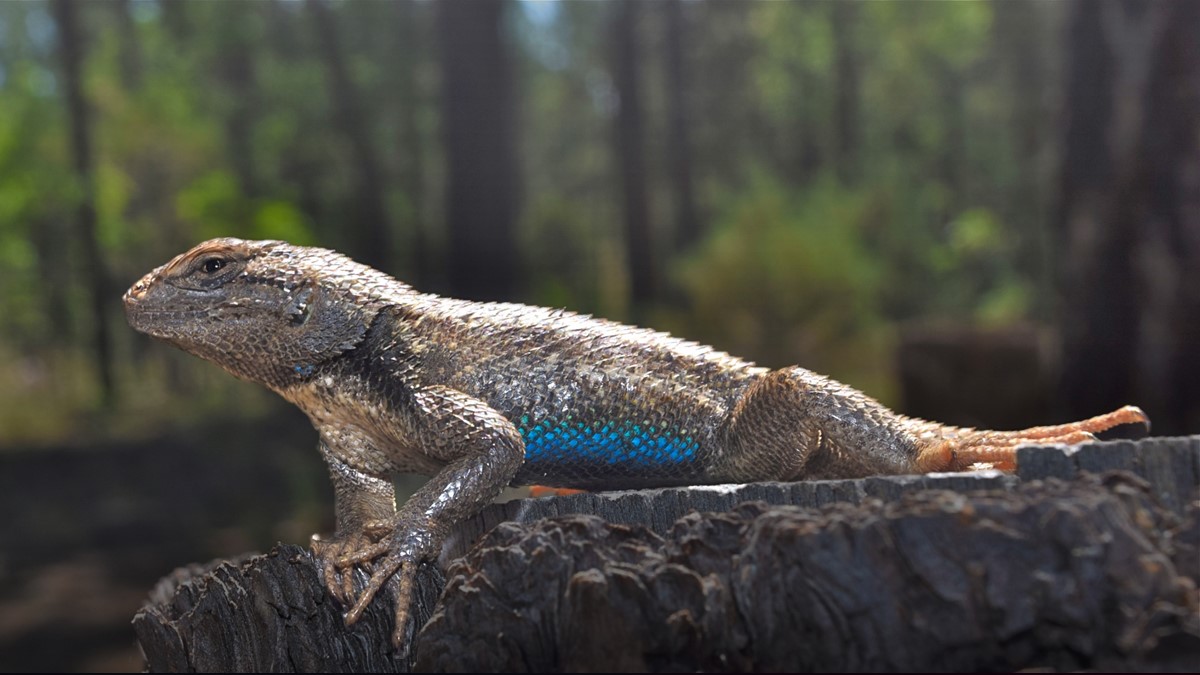USING SIMULATIONS AND EXPERIMENTS TO PREDICT HOW EARLY LIFE STAGES ARE SENSITIVE TO CLIMATE CHANGE

CASUAL SEMINAR IN BIODIVERSITY AND EVOLUTION

Models of population dynamics have been used to infer the impacts of climate change on the distributions of species. The predictions of these models depend greatly on parameters that characterize the studied organisms as well as the environment, but many models ignore how environmental stress and organismal tolerance change during the life cycle. In particular, most animals pass through a sessile embryonic stage before reaching adulthood, making them more susceptible to warming climates than current models would suggest. Moreover, climatic data used to predict biological responses are temporally or spatially aggregated. By projecting microclimates at high spatiotemporal resolution and measuring thermal tolerances of embryos, we developed a life-cycle model of population dynamics for North American lizards. Our analyses show that previous models dramatically underestimate the demographic impacts of climate change. A predicted loss of fitness in 2% of the United States by 2100 became 35% when considering embryonic performance at an hourly resolution of soil temperature. Most lethal events would have been overlooked if we had ignored thermal stress during embryonic development or had considered temperatures at a lower resolution. Therefore, accurate forecasts require detailed knowledge of environmental conditions and thermal tolerances throughout the life cycle.
Ofir Levy is a Senior Lecturer at the School of Zoology of Tel Aviv University since 2018. He earned his Ph.D. in Tel Aviv University’s Department of Zoology in 2010 and completed a postdoctoral appointment at the School of Life Sciences of Arizona State University in 2017. His dissertation was primarily concerned with understanding how ecological, physiological, and evolutionary forces shape organismal activity patterns in the Judean desert, a relatively harsh and unpredictable environment. During his postdoctoral appointment, he studied the biological effects of climate change using empirical observations and individual-based models. Currently, his lab broadly explores subjects in ecological physiology and climate change, with a strong emphasis on the relationships between animals and the environment. In particular, he integrates remote sensing data with microclimate and individual-based models on the one hand, and empirical observations at climatic gradients on the other.
[Host: Miguel A. Carretero, Functional Biodiversity]
Image Credits: Agus Camacho